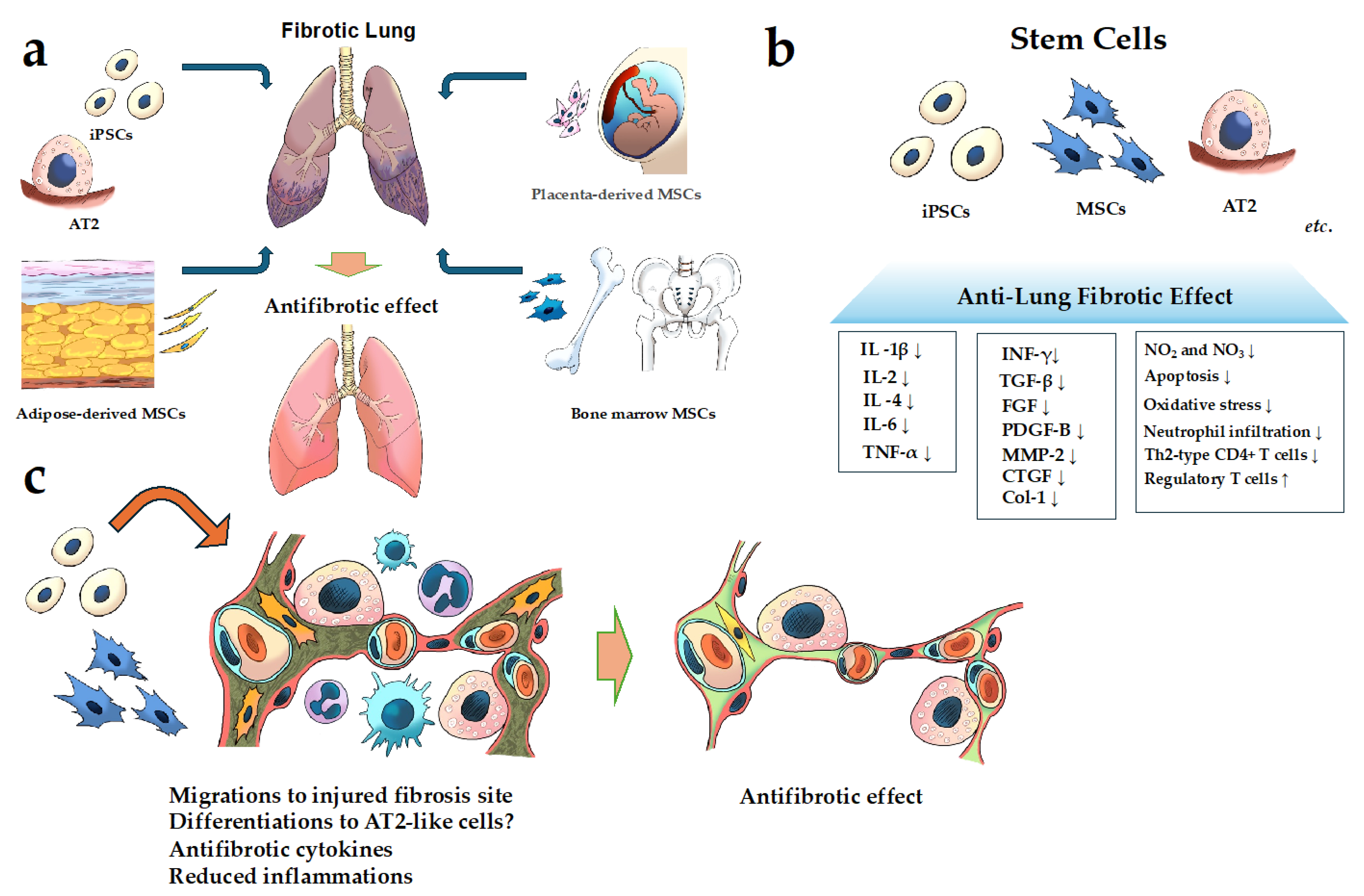Anti-Fibrotic Effects of MSCs

Anti-Fibrotic Effects of Mesenchymal Stem Cells (MSCs)
Mesenchymal stem cells (MSCs) have emerged as a promising therapeutic option for various fibrotic conditions, including those affecting the kidneys. Their anti-fibrotic properties are attributed to several mechanisms that promote tissue repair and modulate inflammatory responses. Understanding these effects is crucial for developing effective treatments for chronic kidney diseases and other fibrotic disorders.
Mechanisms of Action
- MSCs secrete a variety of growth factors, cytokines, and extracellular matrix components that facilitate tissue repair and regeneration. These secretions help to inhibit the activation of fibroblasts, which are responsible for collagen deposition and fibrosis.
- MSCs can modulate immune responses by influencing the activity of immune cells, such as T cells and macrophages. This modulation reduces inflammation and prevents the progression of fibrosis.
Reduction of Oxidative Stress:
- MSCs can decrease oxidative stress within tissues by enhancing antioxidant defenses. This reduction in oxidative damage contributes to the prevention of fibrotic changes in affected organs.
Promotion of Angiogenesis:
- By enhancing blood vessel formation (angiogenesis), MSCs improve oxygen and nutrient delivery to damaged tissues, promoting healing and reducing fibrotic scarring.
Applications in Chronic Kidney Diseases
Chronic Kidney Disease (CKD):
- In CKD, Mesenchymal stem cells (MSCs) derived from dental pulp or umbilical cord can help restore renal function by reducing fibrosis in renal tissues, improving glomerular filtration rates, and alleviating symptoms such as proteinuria.
- Mesenchymal stem cells (MSCs) derived from dental pulp or wharton’s jelly have been shown to mitigate the progression of DN by preserving glomerular integrity and reducing inflammatory processes that contribute to fibrosis.
Familial Focal Segmental Glomerulosclerosis (fFSGS):
- The application of Mesenchymal stem cells (MSCs) derived from bone marrow or umbilical cord in fFSGS targets podocytes and mesangial cells, helping to restore glomerular function while suppressing fibrotic processes.
Polycystic Kidney Disease (PKD):
- In PKD, Mesenchymal stem cells (MSCs) derived from bone marrow or umbilical cord can aid in cyst wall remodeling and inhibit cystogenesis, thereby reducing renal fibrosis and preserving kidney function.
- Following AKI, Mesenchymal stem cells (MSCs) derived from bone marrow or adipose tissue promote renal tissue repair and regeneration while exerting anti-inflammatory effects that prevent further damage and fibrosis.
Conclusion
The anti-fibrotic effects of mesenchymal stem cells present a significant advancement in the management of fibrotic conditions, particularly within the context of chronic kidney diseases. By leveraging their regenerative capabilities, MSCs offer potential therapeutic benefits that can improve renal function and overall patient outcomes. At DrStemCellsThailand‘s Anti-Aging and Regenerative Medicine Center of Thailand, we are dedicated to exploring these innovative therapies to enhance kidney health and address various fibrotic disorders effectively.
For more information about our services or to schedule a consultation, please visit our website or contact our team directly.
Consult with Our Team of Experts Now!
References
- Anti-Fibrotic Effects of Mesenchymal Stem Cells in Renal Diseases
This article discusses the mechanisms through which MSCs exert anti-fibrotic effects in various kidney conditions.
DOI: 10.1016/j.kint.2021.05.001 - Mesenchymal Stem Cells in Fibrosis: Mechanisms and Therapeutic Potential
This review highlights the role of MSCs in modulating fibrosis across different organ systems.
DOI: 10.1016/j.stemcr.2020.11.014 - The Role of Stem Cells in Renal Fibrosis
This study evaluates how stem cell therapy can be utilized to combat renal fibrosis effectively.
DOI: 10.1016/j.biopsych.2022.03.005















